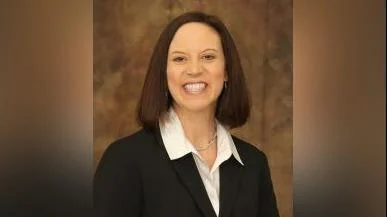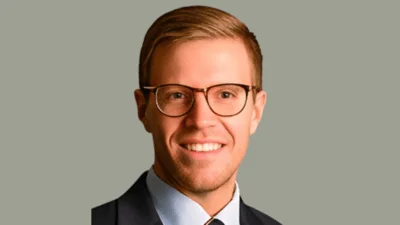The Peoria Public Schools Board of Education highlighted the importance of having school resource officers at its campuses. | Stock Photo
The Peoria Public Schools Board of Education highlighted the importance of having school resource officers at its campuses. | Stock Photo
As the nation demands for police reform, Peoria Public Schools is advocating for school resource officers to remain with the district given that they aren’t affiliated with local police departments.
“They are trained for de-escalation and dealing with students,” Peoria Public Schools Board Member Daniel Walther told Central Illinois Proud for a report in June. “City police, and I’m not bad-mouthing them, but they are trained in a different way. I think it’s more aggressive in the training they have had.”
Walther said the district’s school resource officers handle situations differently and resulting in making the campuses safer.

Peoria Public Schools Superintendent Sharon Desmoulin-Kherat
| Peoria Public Schools
“We just can’t have some SRO grabbing a student and throwing him up against the wall,” Walther told Central Illinois Proud. “That’s just not acceptable.”
School Safety Director Chief Demario Boone said the SROs are focused on peacefully ensuring a safe environment for students.
“We’re more intervention approach,” Boone told Central Illinois Proud. “Deal with more emotional needs and trauma. That’s the type of training and work we do.”
Boone said the SROs are present in the district to address why students are exhibiting certain negative behaviors and to prevent more serious problems from occurring.
“Our approach to law enforcement and criminal justice is the reform that everyone is now asking for,” Boone told Peoria Public Radio in June. “What I mean by that is, I have officers that will walk hallways and they can literally see a kid not going to class, talk to that kid and it turns into getting services for the home.”
Superintendent Sharon Desmoulin-Kherat said the SROs have a vital influence on the lives of the students they serve.
“A lot of them serve as role models for young people,” Kherat told Central Illinois Proud. “They’re developing relationships, [doing] home visits, talking to kids.”




 Alerts Sign-up
Alerts Sign-up